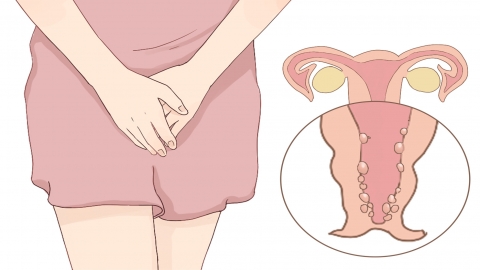How many weeks into early pregnancy can you start using vaginal medication for fungal infection?
During early pregnancy, if there is a fungal (yeast) infection, it is generally recommended to wait until after 12 weeks of gestation to use vaginal suppositories under medical guidance. The first 12 weeks are a critical period for embryonic development, during which medications may affect the fetus. After 12 weeks, the fetus is relatively more stable, and safe medications can be used as directed by a healthcare provider. If the fungal infection is severe and causes significant discomfort, prompt medical evaluation is advised.

The early stage of pregnancy—defined as the first 12 weeks—is when the embryo's organs are undergoing differentiation and development, making it highly sensitive to external factors and medications. At this stage, using vaginal suppositories may lead to absorption of the medication through the mucosa, potentially affecting embryonic development and increasing the risk of fetal malformations or developmental abnormalities. Therefore, medication use is generally not recommended during this period.
After 12 weeks of pregnancy, the major fetal organs have largely formed, and the pregnancy enters a relatively stable second trimester. If the fungal infection persists or worsens, topical vaginal suppositories considered safe for pregnancy—such as clotrimazole—may be used under a doctor’s supervision. These treatments can effectively control the infection while minimizing potential risks to the fetus.
To help prevent worsening of fungal infections, maintain good hygiene by keeping the external genital area clean and dry. Wear breathable cotton underwear and change it frequently. Wash underwear with hot water and sun-dry them. Avoid wearing tight pants and using irritating feminine washes. Follow a light diet and reduce intake of sugary foods, which can contribute to yeast overgrowth.




